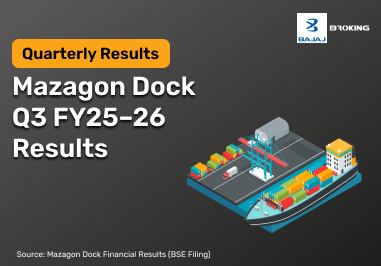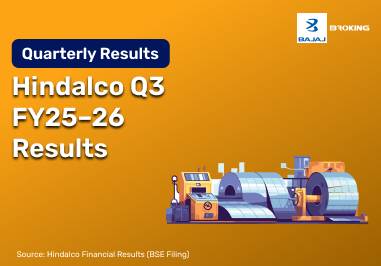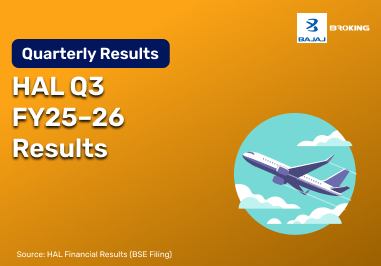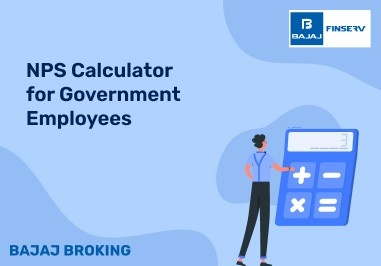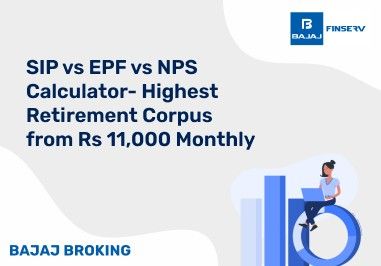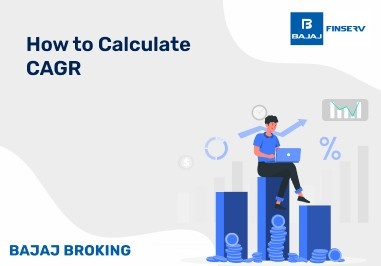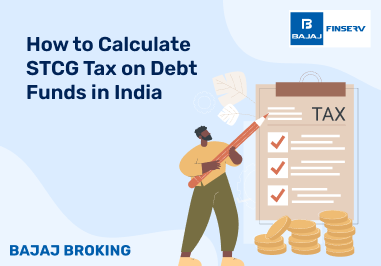Understanding Long-Term Capital Gain (LTCG) on Shares
Long-term capital gains arise when an investor sells shares that have been held for more than 12 months. This holding period is shorter compared to other assets like real estate, which require a minimum holding period of 24 months to qualify for long-term capital gains treatment. The LTCG tax rate on shares is currently set at 12.5% for gains exceeding ₹1.25 lakh in a financial year.
Recent Amendments in Tax Provisions for Long-Term Capital Gains
Recent changes in tax provisions have significantly impacted how LTCG is taxed:
- Uniform Tax Rate: All asset classes now face a standard LTCG tax rate of 12.5% according to the Union Budget 2024 provisions.
- Removal of Indexation Benefits: Indexation benefits have been removed; this means taxpayers can no longer adjust the cost of asset acquisition based on inflation. This potentially raises tax liabilities.
- Increased Basic Exemption Limit: The basic exemption limit has been raised from ₹1 lakh to ₹1.25 lakh, allowing higher gains without incurring tax.
- Revised Holding Periods: The budget has simplified holding periods into two categories: 12 months and 24 months, applicable across all asset types.
Income Tax on Long Term Capital Gain on Shares
The income tax on long-term capital gains from shares is calculated based on the applicable tax rate of 12.5%. Gains up to ₹1.25 lakh are exempt from taxation. Here’s a summary of the taxation structure:
Particulars
| Taxation
|
Sale of listed shares and equity mutual funds
| 12.5% on profits exceeding ₹1.25 lakh
|
Sale of other securities (non-STT paid)
| 12.5%
|
Sale of debt-oriented mutual funds
| As per applicable slab rates
|
LTCG Tax Exemption
Certain exemptions apply under specific conditions, allowing investors to reduce their taxable long-term capital gains:
- Section 54: Exemption for residential property investments.
- Section 54F: Exemption when investing in a residential house using long-term capital gains.
- Section 54GB: Exemption for investments in start-ups.
- Section 54EC: Exemption for investments in specified bonds.
Grandfathering
Grandfathering provisions protect certain investments made before the introduction of LTCG tax in 2018. Assets acquired before this date will have their cost considered as the market value on February 1, 2018, for calculating gains.
Acquisition Date
| Tax Calculation Method
|
Before February 1, 2018
| Gains calculated based on market value at acquisition date
|
After February 1, 2018
| Gains calculated based on actual purchase price
|
This provision helps mitigate the impact of retrospective taxation on long-held investments.
Calculation of Long Term Capital Gain for Grandfathering
To calculate long-term capital gains under grandfathering:
- Determine the market value of the asset as of February 1, 2018.
- Compare this value with the selling price to ascertain the taxable gain.
For example:
- If shares were purchased at ₹100 and sold at ₹200, but the market value was ₹150 on February 1, 2018, the taxable gain would be ₹50 (i.e., ₹200 - ₹150) instead of ₹100.
Long-term Capital Loss
Investors can also incur long-term capital losses which can be set off against future long-term capital gains. Losses can be carried forward for up to eight assessment years and offset against future gains. This allows for strategic tax planning.
Tax Filing Process Changes after Finance Bill 2018
The Finance Bill 2018 introduced significant changes in how LTCG must be reported during income tax filing. Investors are now required to disclose only the net consolidated amount of LTCG rather than detailing each transaction separately. This simplification eases compliance burdens for taxpayers.
Provisions Regarding Disclosure of LTCG in ITR Filing
When filing income tax returns (ITR), specific forms must be used depending on the taxpayer's status:
- Form ITR-2: For individuals with LTCG from equity.
- Form ITR-3: For individuals/HUF with income from profits through a profession.
- Non-resident assessees must disclose LTCG in Sections B7 and B8 of Forms ITR-2 and ITR-3.
This streamlined disclosure process helps ensure compliance while reducing administrative burdens.
Conclusion
Understanding the long-term capital gains tax on shares is vital for investors operating in India’s financial environment. Recent changes have simplified taxation and reporting, allowing investors to manage their portfolios and tax responsibilities more effectively. Keeping up with regulatory updates continues to be a useful approach for refining investment strategies.


